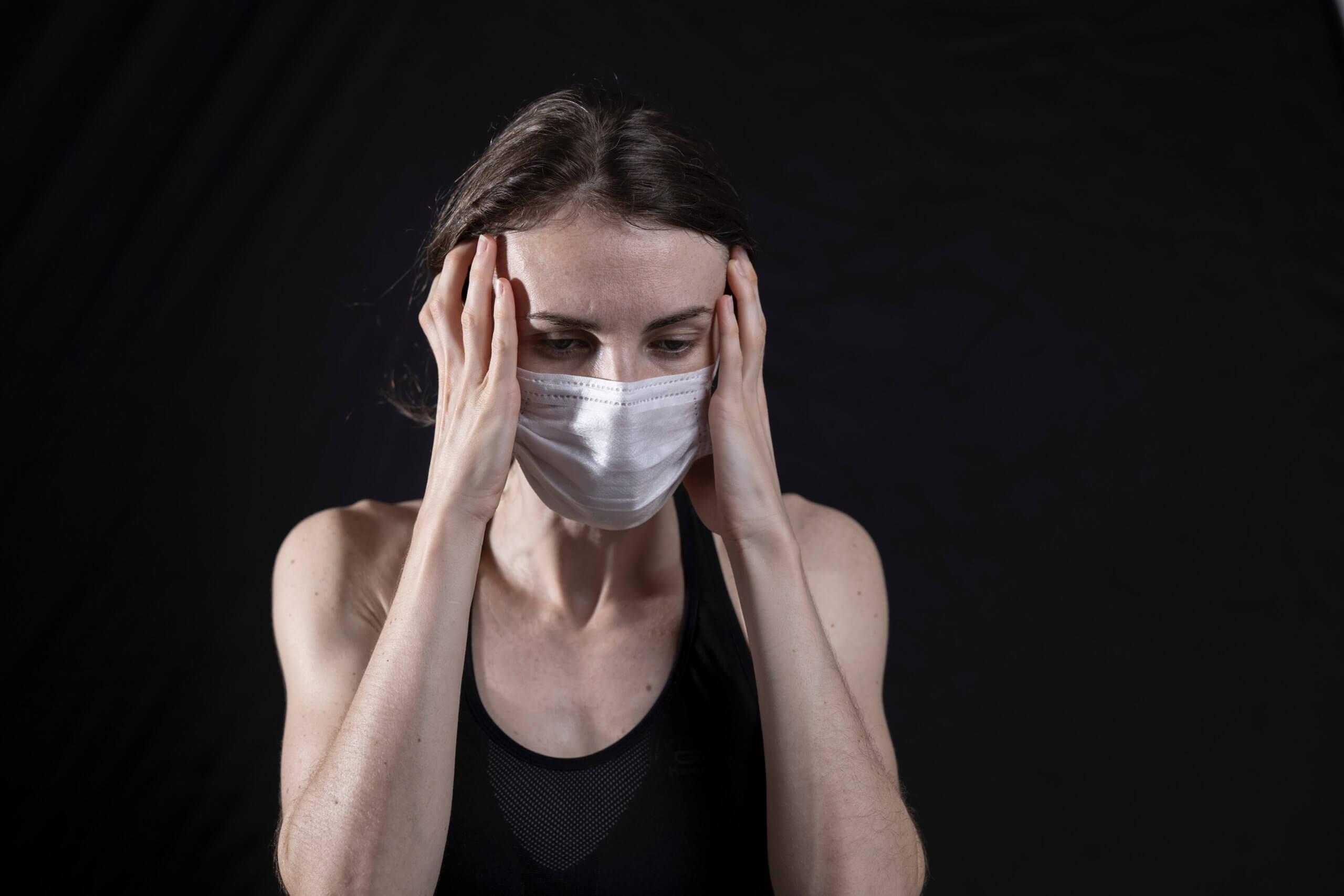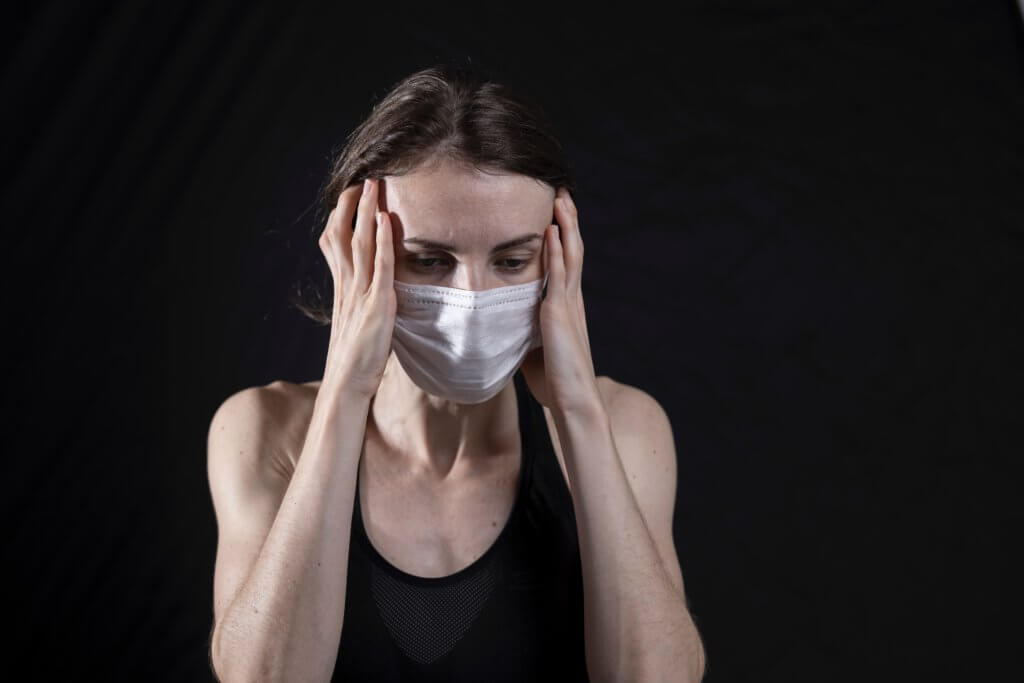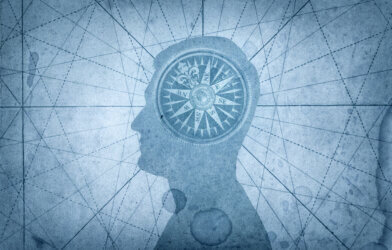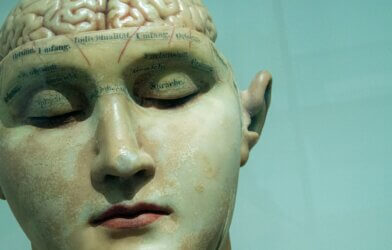“Cracking the Mystery of Long COVID: How Your Immune System Responds to the Virus”
Hey there, teenagers! You’ve probably heard a lot about COVID-19, but here’s something you might not know: some people who get infected with the virus experience something called “long COVID.” It’s like a lingering shadow that follows them around for months, with symptoms like brain fog, confusion, pain, and extreme fatigue. Well, scientists from Yale School of Medicine and Icahn School of Medicine at Mount Sinai have been digging into this mystery, and they’ve made some exciting discoveries.
Imagine this: when you’re sick, your body’s immune system gears up to fight off the invaders. But in people with long COVID, their immune system and hormones act a bit differently compared to those who recover quickly from COVID-19. This is a big deal because understanding these differences could help us figure out what’s causing long COVID and maybe even find ways to treat it.
Here are the key takeaways from their study:
- Different Responses: The researchers studied blood samples from 268 people. They looked at those who had long COVID symptoms for about a year, those who had completely recovered from COVID-19, and those who never had the virus. And guess what? They found that the immune system and hormones of long COVID folks behaved differently from the others.
- Mysterious Antibodies: Among those with long COVID, they discovered higher levels of antibodies that fight against viruses other than COVID-19. One of these antibodies is known to defend against the Epstein-Barr virus, which has been linked to various cancers. It’s like their immune system is on high alert for a different enemy.
- Low Stress Hormone: Long COVID sufferers had lower levels of cortisol, a hormone that helps your body deal with stress. This suggests that their bodies might not be handling stress as well as they should.
Now, here’s the tricky part. Long COVID is like a complex puzzle, and everyone’s puzzle is a bit different. That means there’s no one-size-fits-all solution or a “magic cure.” It’s more like a challenging video game with multiple levels and obstacles.
But don’t lose hope! These discoveries are like finding secret clues in the game. They give scientists important hints about what’s going on in the bodies of people with long COVID. It’s like having a treasure map that might lead to new treatments and ways to help those who are suffering.
As Dr. Akiko Iwasaki, one of the researchers, put it, “Once we have more information on these signals, we can start to think about designing the right trials to treat this condition.” In other words, they’re working on finding the best ways to help people with long COVID feel better.
So, while the mystery of long COVID isn’t solved yet, every bit of knowledge we gain is a step closer to beating it. Just like in a video game, we keep moving forward, learning, and eventually conquering the challenges that come our way. Stay curious, and who knows what other exciting discoveries are on the horizon!













